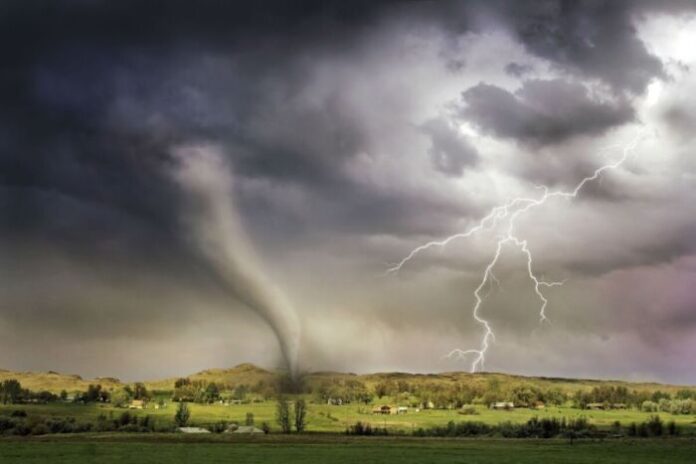
2020 ranks so far as the hottest ever recorded in Europe for 112 years with an anomaly of even 2.1 degrees compared to the average. This is what emerges from the Coldiretti calculations based on the latest data from the National Climatic Data Center (Noaa) relating to the first seven months from which it is also highlighted that it is also the second hottest on the planet, recording an average temperature on the surface of the Earth and oceans , 1.05 degrees higher than the 20th century average. The overheating trend is also accentuated in Italy with 2020 which has been up to now more than one degree (+1.01 degrees) the warmest year of the historical average, in fourth place since 1800, based on Coldiretti’s analysis on data Isac Cnr.
The effects – underlines Coldiretti – are felt on a global and national level with a drastic reduction of glaciers and the flaring up of fires favored by high temperatures. The governor of California has declared a state of emergency due to the fires that are rending California amid high temperatures and strong winds while the glaciers in Greenland have undergone such a significant reduction that, even in the case of targeted interventions against global warming, the ice sheet continues to melt according to the study published in the journal Nature Communications Earth and Environment
A trend now structural also in Italy where the ranking of the hottest whole years in the last two centuries is concentrated in the last period and includes in order – specifies Coldiretti – also 2018, 2015, 2014, 2019 and 2003 . A process that – argues Coldiretti – has changed over time the distribution of crops and their characteristics with the typically Mediterranean olive tree, which in Italy has moved close to the Alps while in Sicily and Calabria the plants of bananas, avocados and other exotic fruits Made in Italy, never seen before along the Peninsula. And Italian wine with the heat – continues Coldiretti – has increased by one degree in the last 30 years, but over time there has been an advance of the harvest by even a month compared to the traditional departure in September, thus denying the proverb “in August fill the kitchen and the cellar in September ”, but also what is written in many school texts that should now be revised.
The heating then causes – Coldiretti specifies – the change in the traditional environmental conditions for the aging of cured meats, for the refining of cheeses or the aging of wines. A situation that in fact – continues Coldiretti – puts at risk the heritage of typical Made in Italy products that owe their specific characteristics essentially or exclusively to the geographical environment including human factors and precisely to the combination of natural and human factors.
There is also an evident tendency towards tropicalization which – Coldiretti underlines – manifests itself with a higher frequency of violent events, seasonal delays, short and intense rainfall and the rapid transition from the sun to bad weather, with significant temperature changes. The recurrence of extreme events have cost Italian agriculture over 14 billion euros in a decade between losses of national agricultural production and damage to structures and infrastructure in the countryside. Agriculture – concludes Coldiretti – is the economic activity that more than any other experiences the consequences of climate change on a daily basis, but it is also the most committed sector to combat them.



































